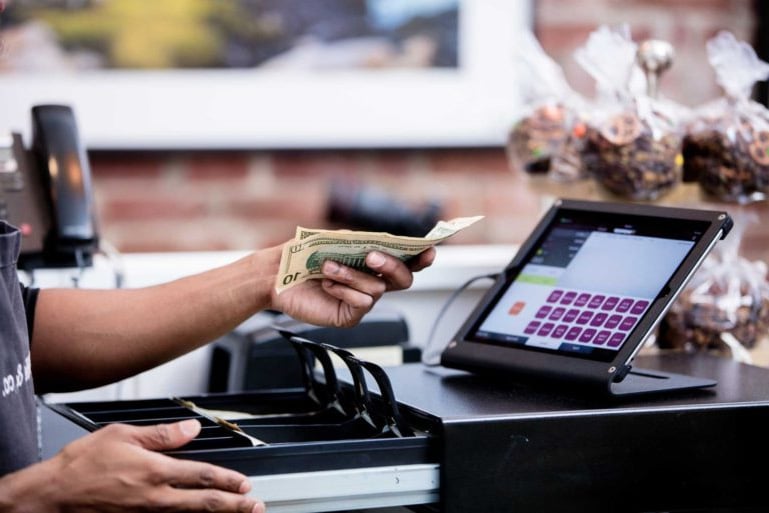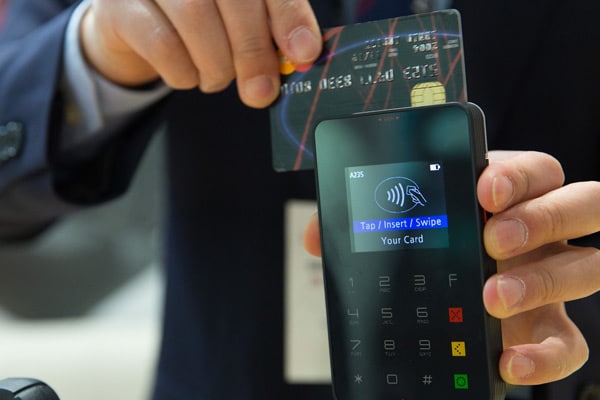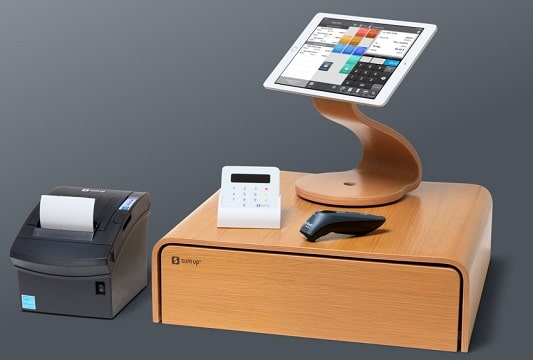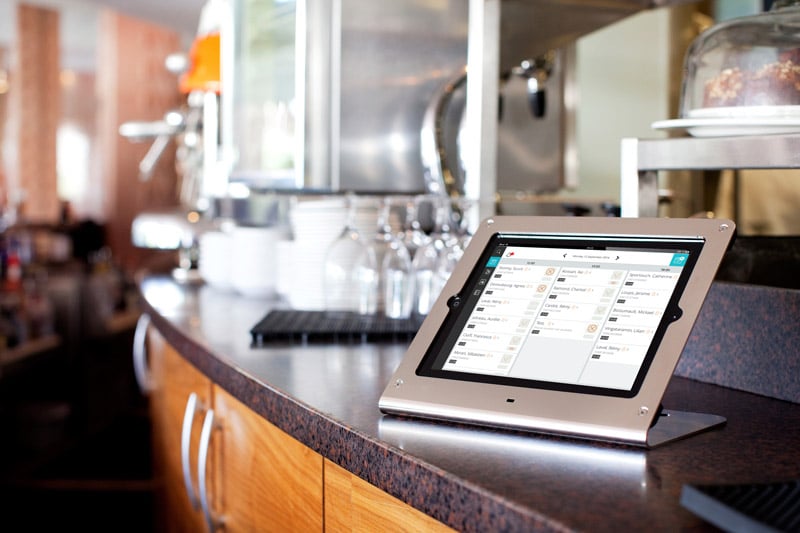When running a business, a point of sale system is one of the most important things you need. Apart from keeping your sales records and taking credit cards, POS systems also help in inventory management, hence reducing the possibility of unwanted losses. However, depending on the type of business you are running and its complexity, there is a wide variety of POS systems to choose from. So, how do you choose the right one for your business? Below are some key points to guide you.
Know What’s Important to You
1. Choosing by Features
Features are the core considerations when choosing a POS system, but you will first need to find a card processor then go on to select a system that supports card processing. This is especially important if your budget is limited. The more unique features you have, the better for business. Apart from the standard functions like card acceptance, reports and stock management, try looking for other features like:
- The ability to order online for personal pickups
- A delivery tracking system for ordered goods
- Age verification capability for age-sensitive items
When looking for specific features, you will also need to find the POS system first and not the other way round. Also, be sure to confirm with the POS company or the one that sells you the card processor on whether the features you need are included. If you are not sure of the features included, you can always check online in a POS product directory. They provide overviews on important information, and you can also filter your search by features as well as the product’s manufacturer.
2. Choosing by Cost
Even after selecting the POS system that suits your business and one that has the right features, finding a card processor first would save you some cash. While POS systems that support credit cards aren’t cheap, you can reduce the expenses by first finding processors with competitive prices, then choose a system that supports it.
Credit card processors have more options when it comes to choosing compatible POS systems. They are compatible with different brands and models, hence allowing you to choose a system that suits both your needs for features and budget. When choosing your card processor, start by checking out price quotes from different companies. Also, consider the reviews on their performance. This way, you will be able to narrow your search as well as get a processor that works well with your system.
3. Decide if You’ll Accept Proprietary POS Systems
Some of the POS systems available are proprietary; this means that they are only compatible with a specific processor. While this may not be a good or bad choice to go for, there are advantages and disadvantages involved in choosing these kinds of systems. One of the advantages is that you will not need to do much research on pricing from different processors. The price is determined by the processor that supports your POS system.
The disadvantage of going for a proprietary POS system is that you don’t get to negotiate the price. The decision you make should also focus on the worst case. At one point, you may need to switch processors for one reason or another. Can you afford to replace the whole system and buy a new POS? If not, then going for the proprietary POS would not be the best choice.
4. Decide if You’ll Lease or Buy
One other thing you’ll need to consider is how you want to pay for your POS system. Getting a copy of your own is quite expensive, so you’ll need to think of a deal that favours your wallet. When shopping for a POS machine, some of the companies present you with an option to lease instead of purchasing it. The only benefit of leasing is that there is a very little upfront cost, but you should be aware that the little you pay will end up costing a lot in the long run.
In cases where you intend to lease the system for a long time, the little amount you pay on monthly bases could end up adding to its retail cost. It might seem like a fraction of the cost, but you should remember that you will not have it at your disposal for an unlimited time. And some companies offer the lease option with a contract that cannot be cancelled before the agreed date. This means that if for some reasons, you stop using the system before the lease contract expires, you’ll still have to pay for it. With such consequences, instead of leasing a POS system, you’d rather get your own for flexibility purposes. Below is a list of some of the best point of Sale software.
List of 5 best POS
- Square POS
Being the biggest brand in POS software, Square’s price and features are hard to beat. Well known for the free iPad POS software it comes with, Square offers in-built software that allows you to perform transactions effectively and in the simplest way possible.
- Lightspeed POS
The inventory option in this software allows you to order or import items from a pre-loaded catalog or group of items by the nature of their type. This is especially important when you have a complicated inventory to manage.
- Shopify POS
Well known for its great eCommerce integrations, users are provided with their own branded online store where goods can be purchased for later picking in the store. It’s a great option for businesses that wish to sell online as well as directly to customers.
- Vend POS
One of its most admired characteristics is its ability to integrate with third-party software. This allows users to locate and add extra features of interest apart from those covered by Vend. For instance, you can add payment options supported by PayPal or Shopify that lack in Vend itself.
- Shopkeep POS
Best known for its user-friendly interface that works great on mobile, Shopkeep has all the features needed for retail Point Of Sale. Its free iPad app allows employees and managers to keep track of sales and inventory as well as daily reports.



